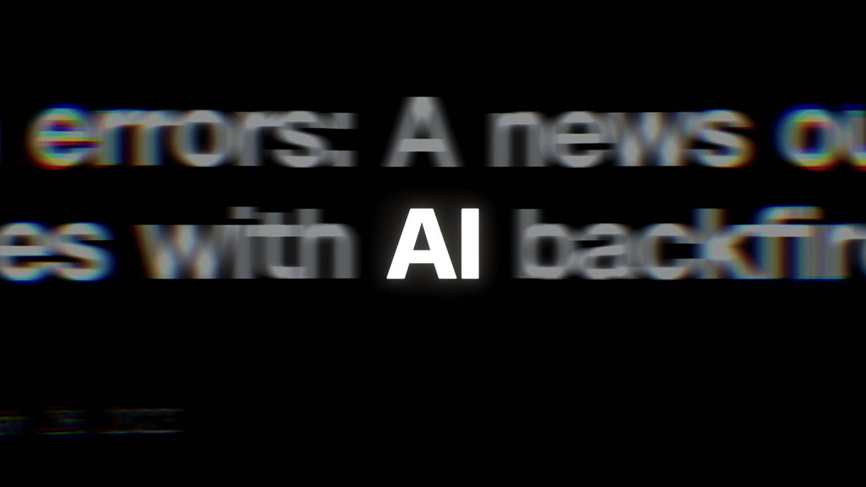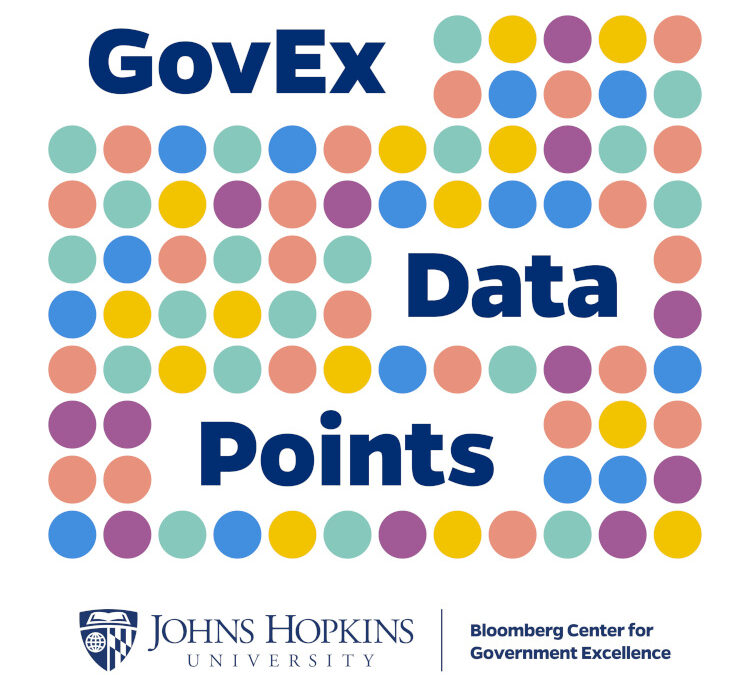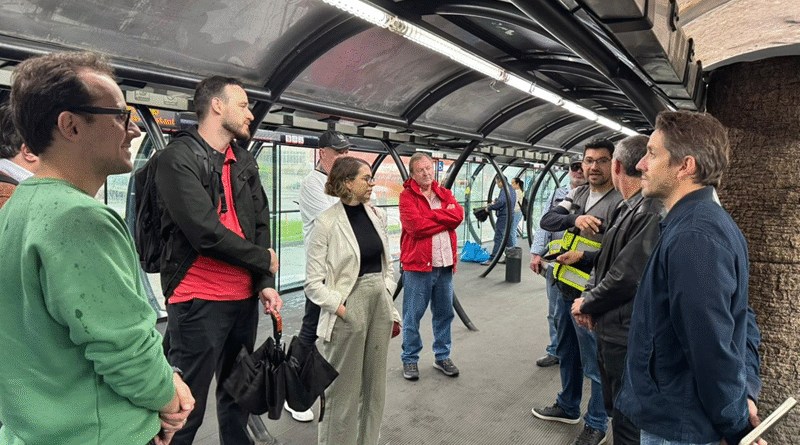
There was a palpable shift in the conversations at this year’s GovAI Coalition Summit, hosted by the City of San José and the GovAI Coalition this month. GovEx directors Tiffany Davis and Mai-Ling Garcia were among the hundreds of public-sector leaders, technologists, and researchers at the event, which focuses on how governments can adopt artificial intelligence responsibly, equitably, and transparently.
Last year’s summit centered on ethics and policy. This year’s focus shifted toward practice. As we’ve seen on our own City AI Connect platform, cities are moving from theory to implementation, experimenting with real use cases and learning what works and what does not. Over three days of sessions, one message came through clearly: Trust must come first.
Speakers emphasized that transparency and public participation are essential—the foundation of every successful AI initiative. Governments were encouraged to co-create use cases with residents, communicate in plain language, and publish results openly. Some cities are now tracking “trust deltas” to measure whether residents’ confidence rises or falls as new technologies are introduced. The value proposition must be clear: AI should make government faster, better, and more responsive.
Another consistent message was the need to design pilots with clear beginnings and endings. Too many AI projects start strong but lose momentum without defined success criteria or next steps. Presenters encouraged cities to treat every pilot as an experiment that results in full implementation, a policy change, or shared knowledge. Real-world examples from South Bend, Indiana and Fairfield, California, illustrated what happens when projects lack the right data, budgets, or stakeholders. The main takeaway was to document decisions, share what is learned, and view failure as an opportunity for growth.
Procurement was also a major theme at the summit. Many local governments are testing cooperative solicitations, in which multiple cities issue shared RFPs that set collective standards, reduce costs, and influence vendor behavior. Speakers reminded attendees that procurement is the first line of defense for responsible AI. The most effective contracts balance flexibility with clear expectations for ethics, transparency, and risk.
Training and workforce readiness were also in the spotlight. CIOs are under pressure to move faster than current training programs allow, which has created a widening capability gap. Role-based learning was identified as a solution. Training that focuses on prompt-writing, change management, and department-specific scenarios can better prepare employees to use AI responsibly and effectively.
By the end of the summit, one truth stood out: public-sector AI is advancing quickly, but it remains a challenging field. Budgets are growing, pilot failure rates remain high, and many cities are still searching for practical playbooks instead of policy papers. This is where GovEx can make a difference by helping cities translate lessons into frameworks, training, and resources that work in the real world.
The summit reinforced what GovEx has always believed. Thoughtful innovation depends on trust, equity, and shared learning. As cities step into their AI era, GovEx will continue to help them move forward with confidence and purpose.



